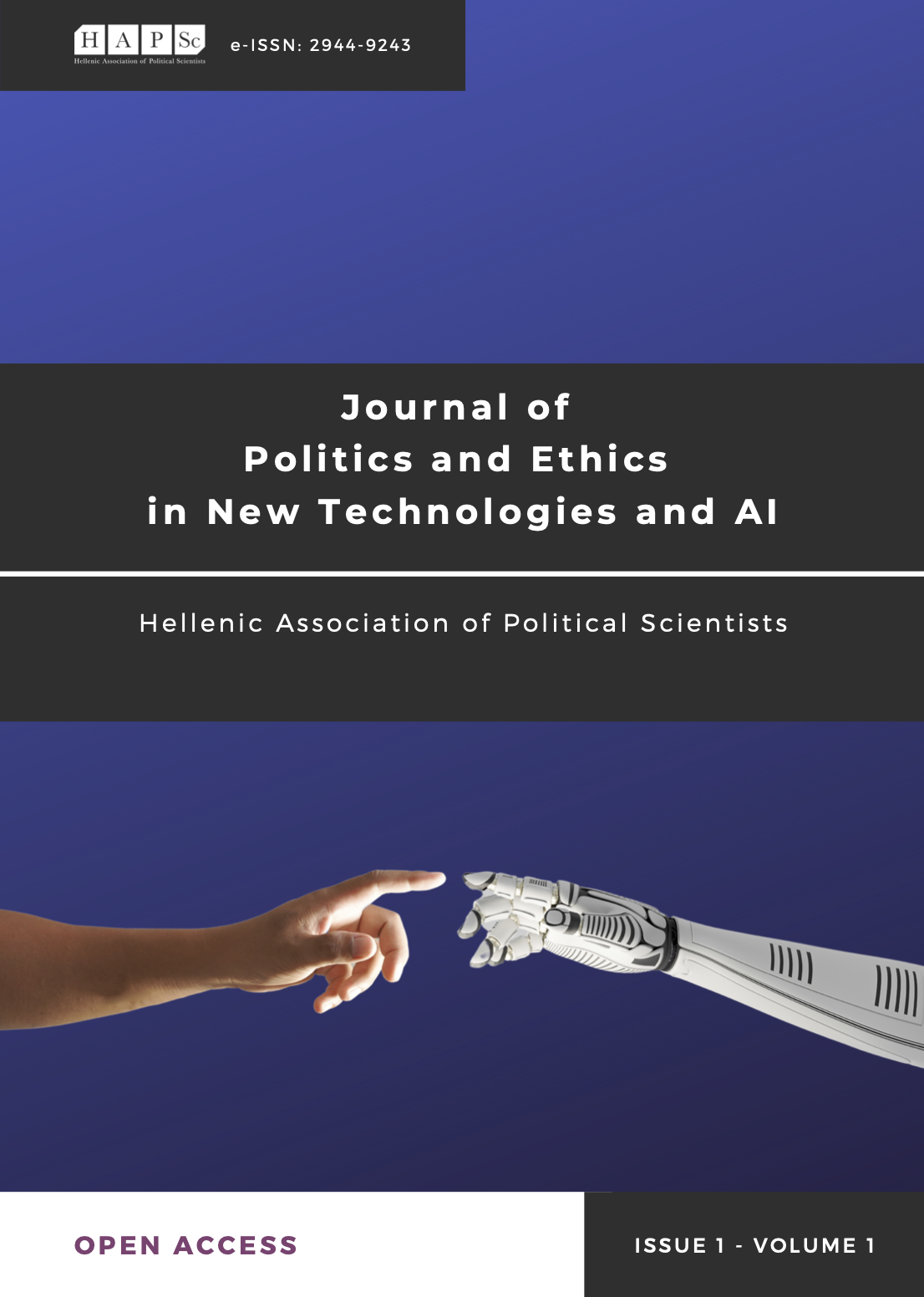Free and Open-Source Software: Freedom, Transparency and Efficiency in the Digitalization Era

Abstract
Free and Open-Source Software (FOSS) has grown substantially over the past decades, becoming an essential part of the modern world. FOSS refers to software that preserves the user’s freedom to read the program’s source code, make modifications and redistribute it. Since the source code is open and accessible to everyone, the user is not only permitted, but also encouraged to make modifications to the software to fill specific needs. Corporations utilize that capability to get access to specifically tailored software for their needs, while proprietary software fails to meet that promise due to providing a standardized package of the software, adopting a one-size-fits-all approach. Therefore, FOSS allows for a more efficient fulfillment of software needs. Additionally, FOSS can play an important role in the protection of human rights in the digital realm, particularly in the case of the right to privacy. Because of its transparent nature, FOSS is more respectful towards the user’s privacy, compared to proprietary software, since the latter restricts the user from knowing the program’s under the hood functionality. With closed source software, arises a problem of asymmetric information between the software company and the consumer. FOSS offers a solution to this information asymmetry, by allowing users to obtain information about the inner workings of the program they rely upon. Through FOSS, the imbalance of power between the developer and the user disintegrates.
Article Details
- Section
- Commentaries
Authors retain copyright and grant the journal right of first publication with the work simultaneously licensed under Creative Commons 4.0 (CC-BY 4.0) license, that allows others to share the work with an acknowledgement of the work's authorship and initial publication in this journal.





